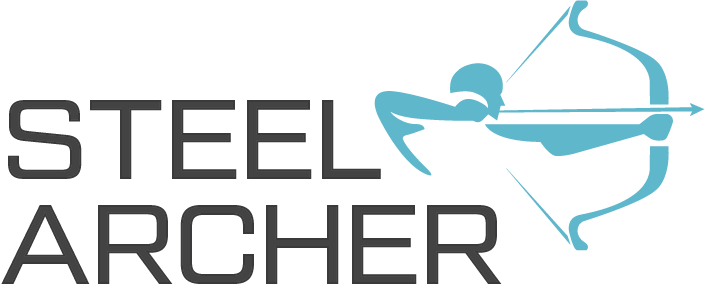Implementing Salesforce in an enterprise environment can be a complex and multifaceted process due to various factors, including the size and scale of the organization, the need for customization, integration with existing systems, and compliance requirements. Here are some of the key complexities associated with enterprise Salesforce implementations:
- Scale and Size: Enterprises are typically large organizations with complex structures and numerous departments. Implementing Salesforce at an enterprise scale involves addressing the needs of multiple business units, often spread across different geographical locations.
- Customization: Enterprises often require extensive customization to tailor Salesforce to their specific business processes and workflows. Custom development, including the creation of custom objects, fields, and processes, can add complexity to the implementation.
- Integration: Enterprises typically have a wide range of existing systems, such as ERP, CRM, HR, and marketing automation tools. Integrating Salesforce with these systems to enable data flow and process automation can be challenging.
- Data Migration: Migrating large volumes of data from legacy systems into Salesforce while ensuring data accuracy and consistency is a complex task. Data cleansing, transformation, and mapping are crucial steps in this process.
- User Adoption: Ensuring that employees across the organization embrace and effectively use Salesforce is a significant challenge. Change management strategies and user training programs are essential to drive user adoption.
- Regulatory Compliance: Enterprises often operate in heavily regulated industries, such as healthcare, finance, or government. Implementing Salesforce in compliance with industry-specific regulations and data privacy laws adds complexity to the project.
- Security: Ensuring the security of sensitive customer data is paramount. Configuring robust security settings, role-based access controls, and encryption measures is essential in an enterprise Salesforce implementation.
- Performance and Scalability: Salesforce must perform reliably and efficiently, even under heavy user loads and when handling large datasets. Proper architectural design and optimization are critical to achieving this.
- Project Governance: Managing a large-scale Salesforce implementation project requires effective project management, governance structures, and clear communication to align all stakeholders and ensure project success.
- Mobile and Multi-Channel Access: Enterprises often need to provide access to Salesforce data and functionality through various channels, including mobile devices. Ensuring a seamless and secure user experience across different devices and platforms adds complexity.
- Reporting and Analytics: Enterprises rely on advanced reporting and analytics capabilities to gain insights into their data. Configuring and customizing Salesforce’s reporting and analytics tools to meet these requirements can be intricate.
- Continuous Innovation: Technology is constantly evolving, and enterprises need to keep their Salesforce instance up-to-date with the latest features and enhancements. Managing ongoing updates and releases is an ongoing challenge.
- Cost Management: Enterprise Salesforce implementations can be costly, both in terms of initial investment and ongoing maintenance. Effective cost management and ROI tracking are crucial.
To address these complexities, organizations often engage experienced Salesforce consultants and implementation partners such as Steel Archer, develop a comprehensive project plan, and invest in adequate training and change management strategies. Regularly reviewing and adjusting the implementation strategy as the project progresses is also essential to ensure success in the ever-evolving technology landscape of enterprise Salesforce implementations. We can help you with this.

